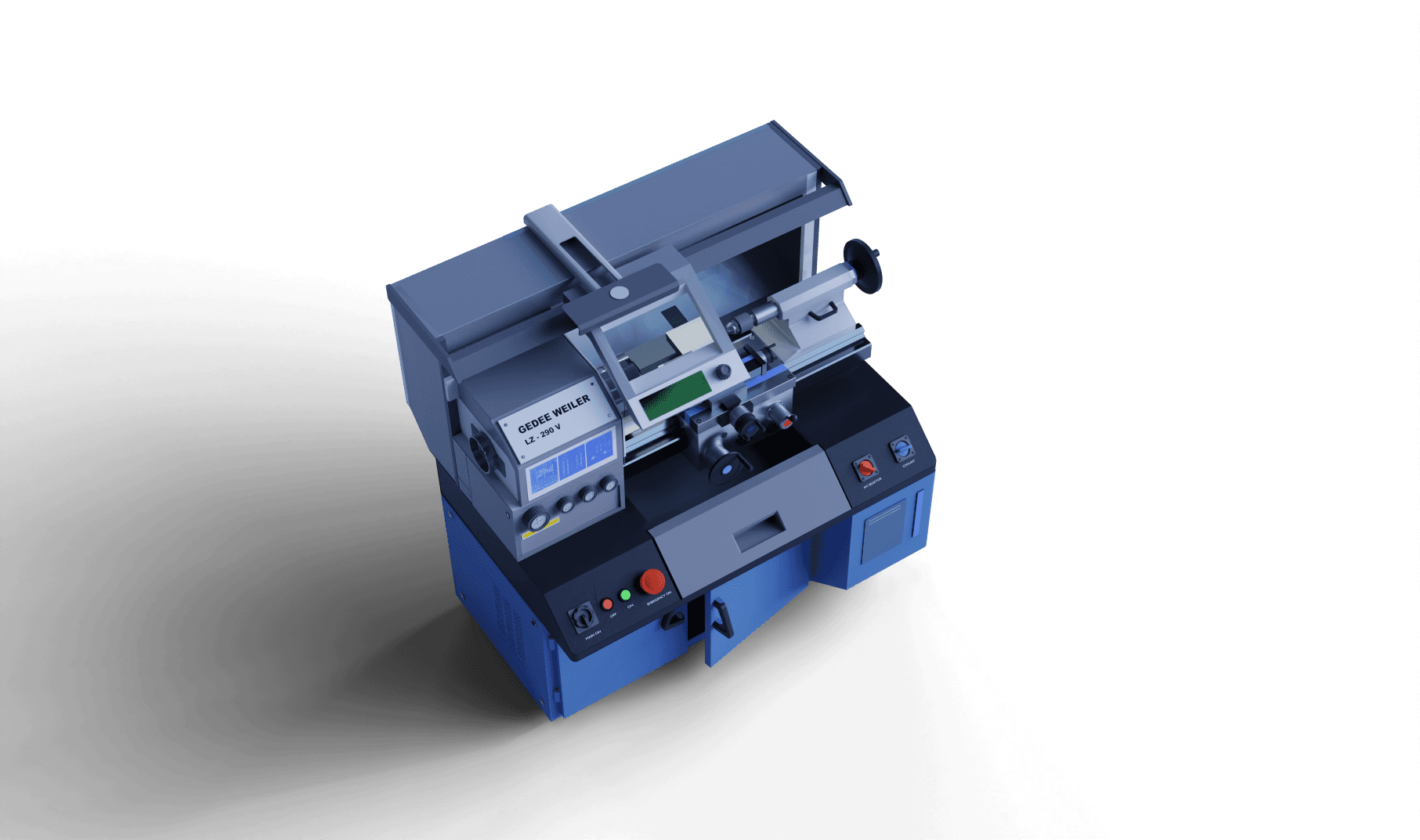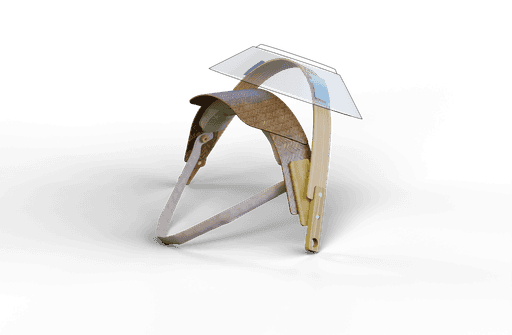



8 Weeks - Individual



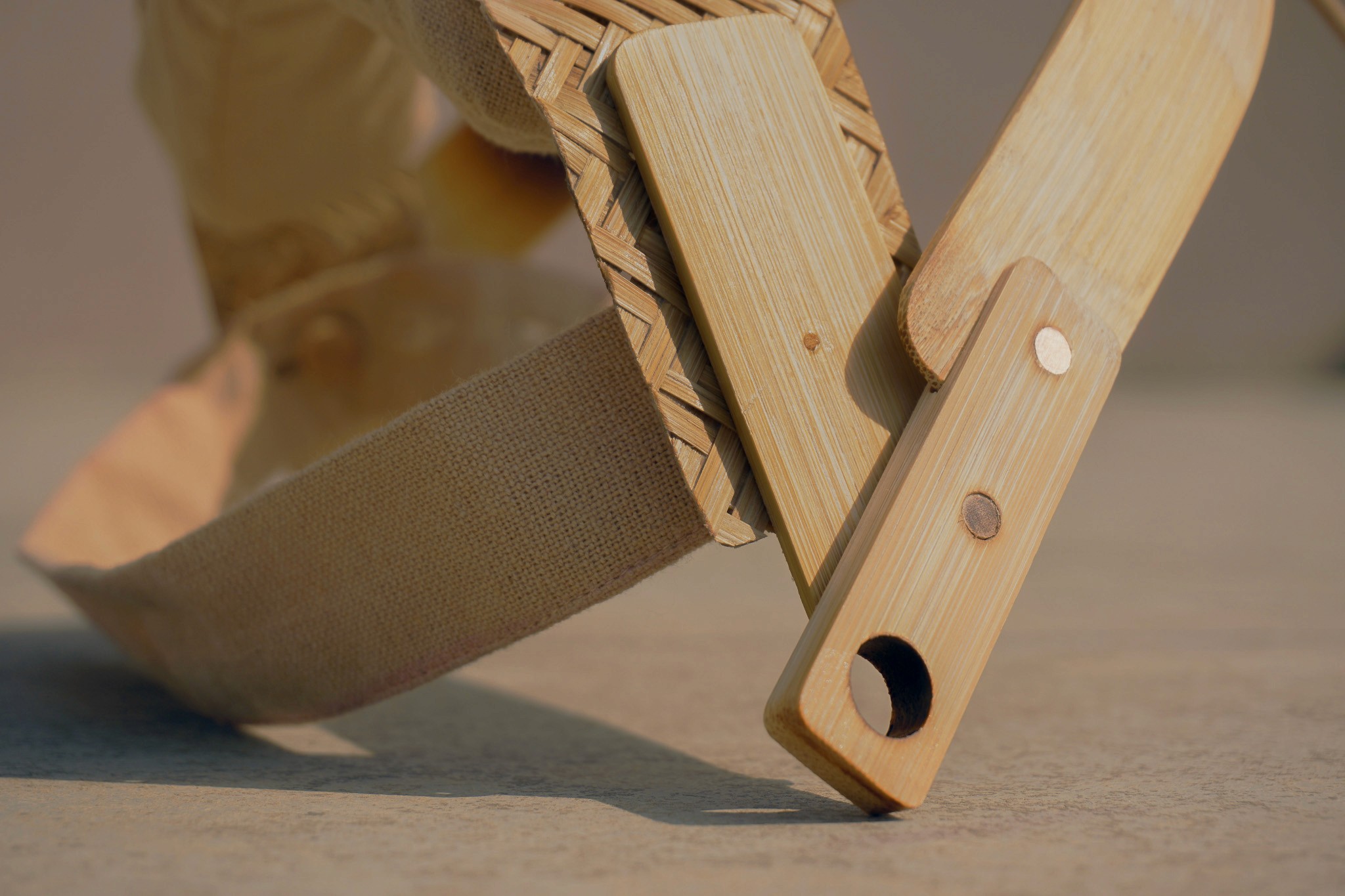





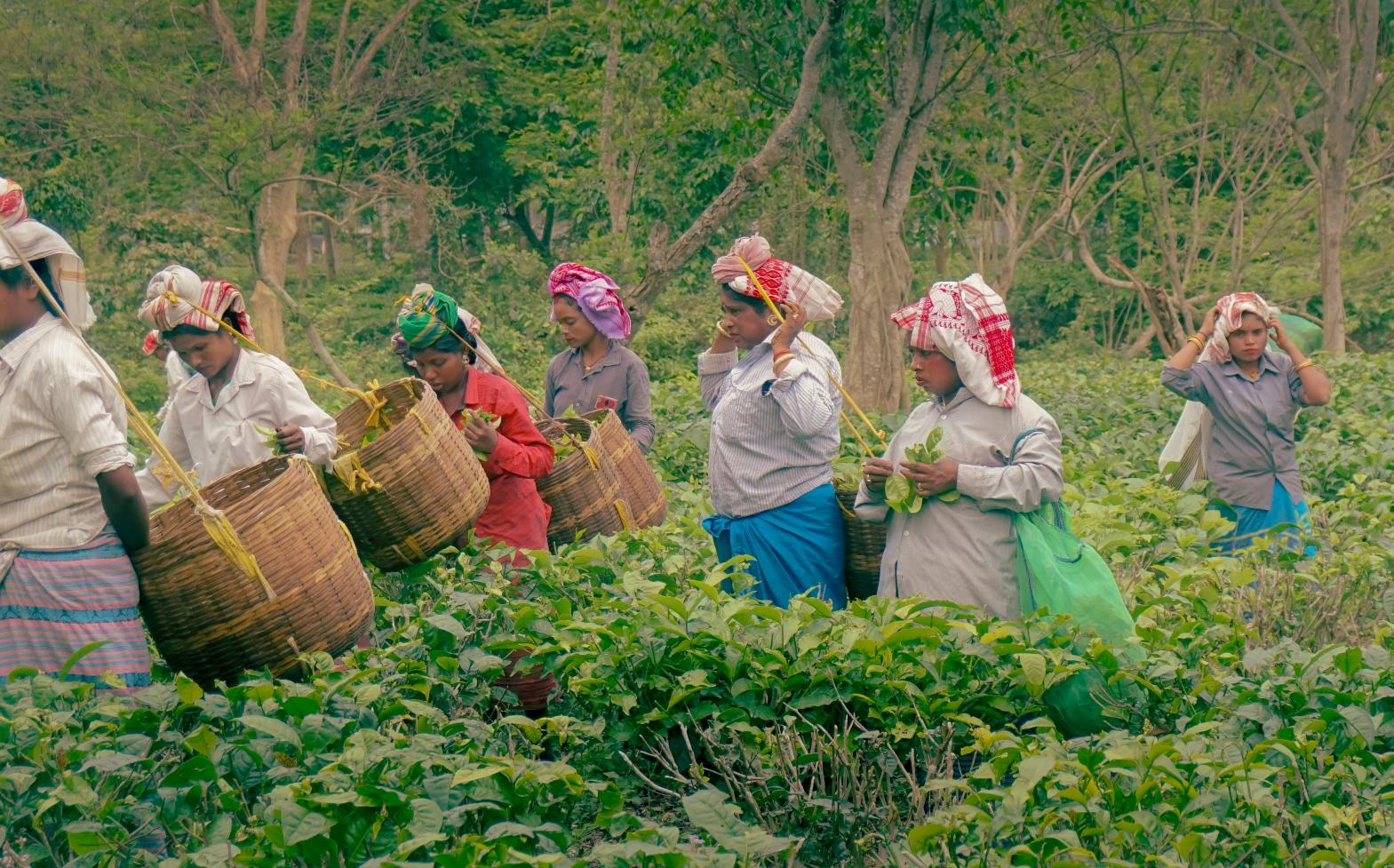
"We lead stressful lives with no rest, and
the fear of losing daily our wage is always there."
"We lead stressful lives with no rest, and
the fear of losing daily our wage is always there."
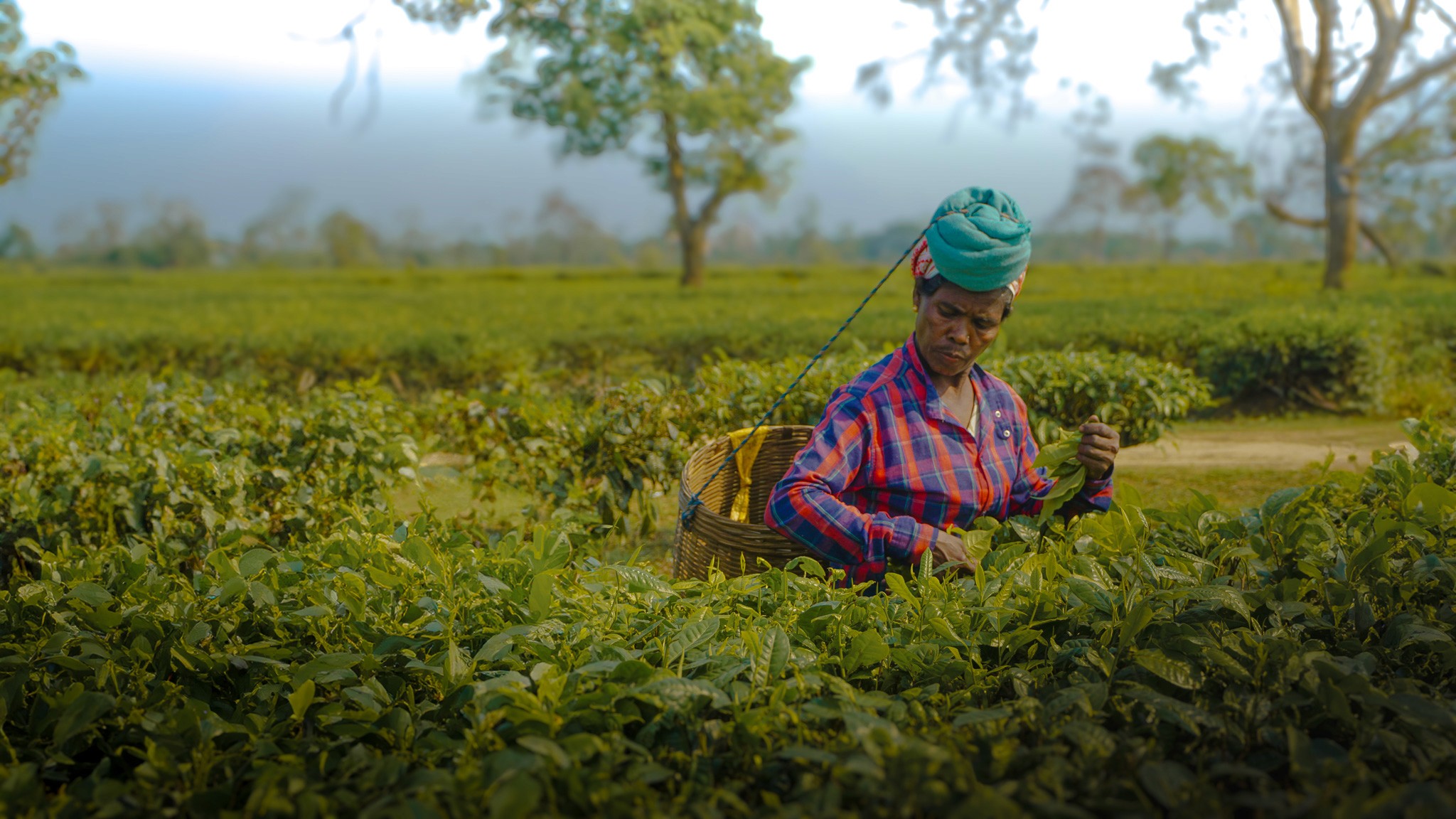
"Due to discomfort associated with repetitive hand movement in bending posture while carrying the
load of the basket with plucked tea leaves on the back, the workers perceived maximum discomfort at
the neck, wrists, back and upper arms. The work stress on the women workers may be reduced by
implementing ergonomic interventions like, reduction of load of plucked tea leaves being carried in the
basket and sufficient rest during the daily rigorous work hours."
"Due to discomfort associated with repetitive hand movement in bending posture while carrying the
load of the basket with plucked tea leaves on the back, the workers perceived maximum discomfort at
the neck, wrists, back and upper arms. The work stress on the women workers may be reduced by
implementing ergonomic interventions like, reduction of load of plucked tea leaves being carried in the
basket and sufficient rest during the daily rigorous work hours."
-Indian Journal of Hill Farming
-Indian Journal of Hill Farming








Relief without disruption:
Even the most ergonomic head support loses comfort
over time. Thuja’s strap system lets workers shift the
load from the head to the shoulders, offering relief
without removing or altering their setup
Even the most ergonomic head support loses comfort
over time. Thuja’s strap system lets workers shift the
load from the head to the shoulders, offering relief
without removing or altering their setup






Recognition:
Recognition:
Thuja was awarded the first place at Wisser and Family Innovation Challenge 2.0, hosted at Don Bosco Institute, Jorhat. We also received a grant of 2.3 lakh for further development of the project.
Thuja was awarded the first place at Wisser and Family Innovation Challenge 2.0, hosted at Don Bosco Institute, Jorhat. We also received a grant of 2.3 lakh for further development of the project.
Thuja was awarded the first place at Wisser and Family Innovation Challenge 2.0, hosted at Don Bosco Institute, Jorhat. We also received a grant of 2.3 lakh for further development of the project.










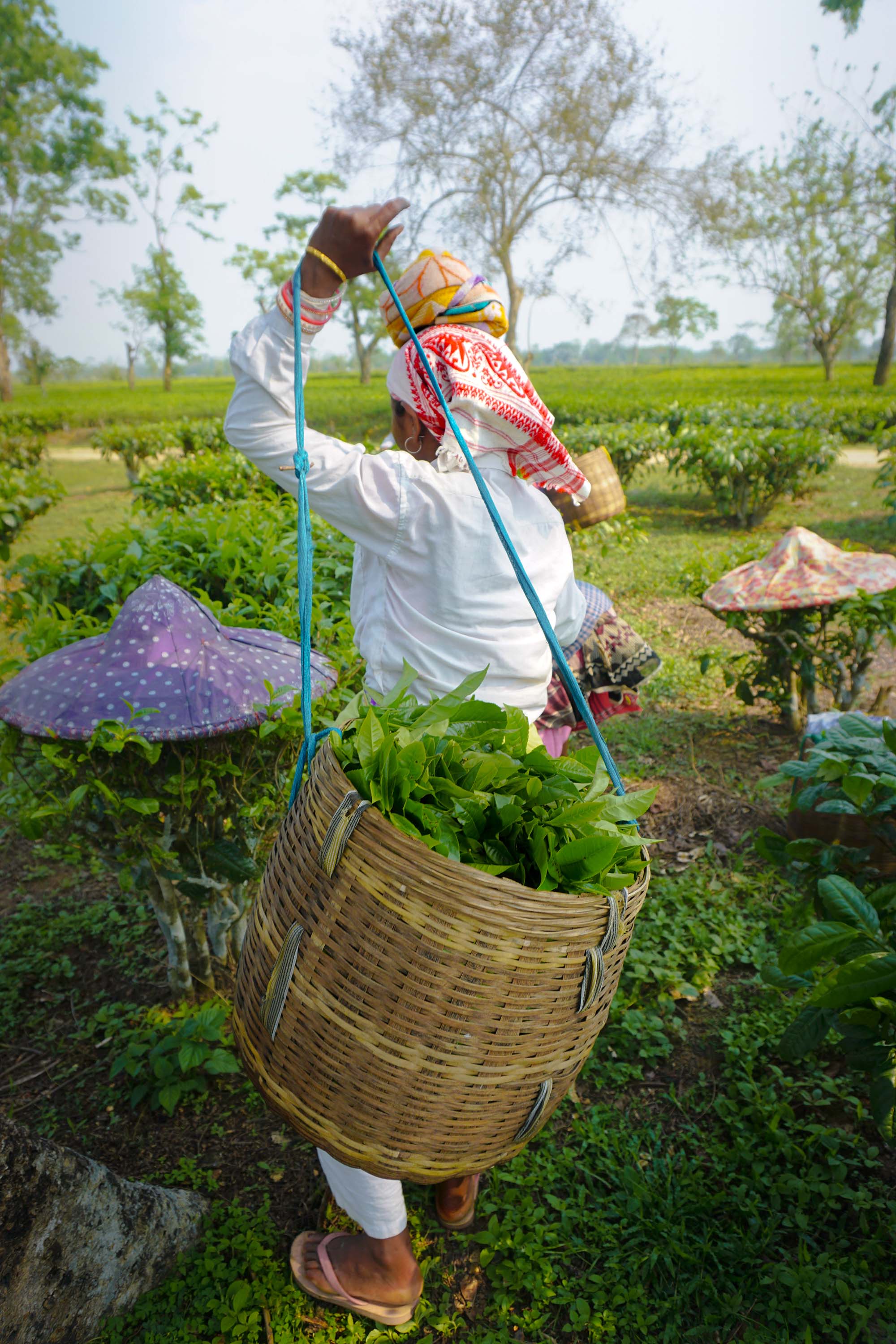


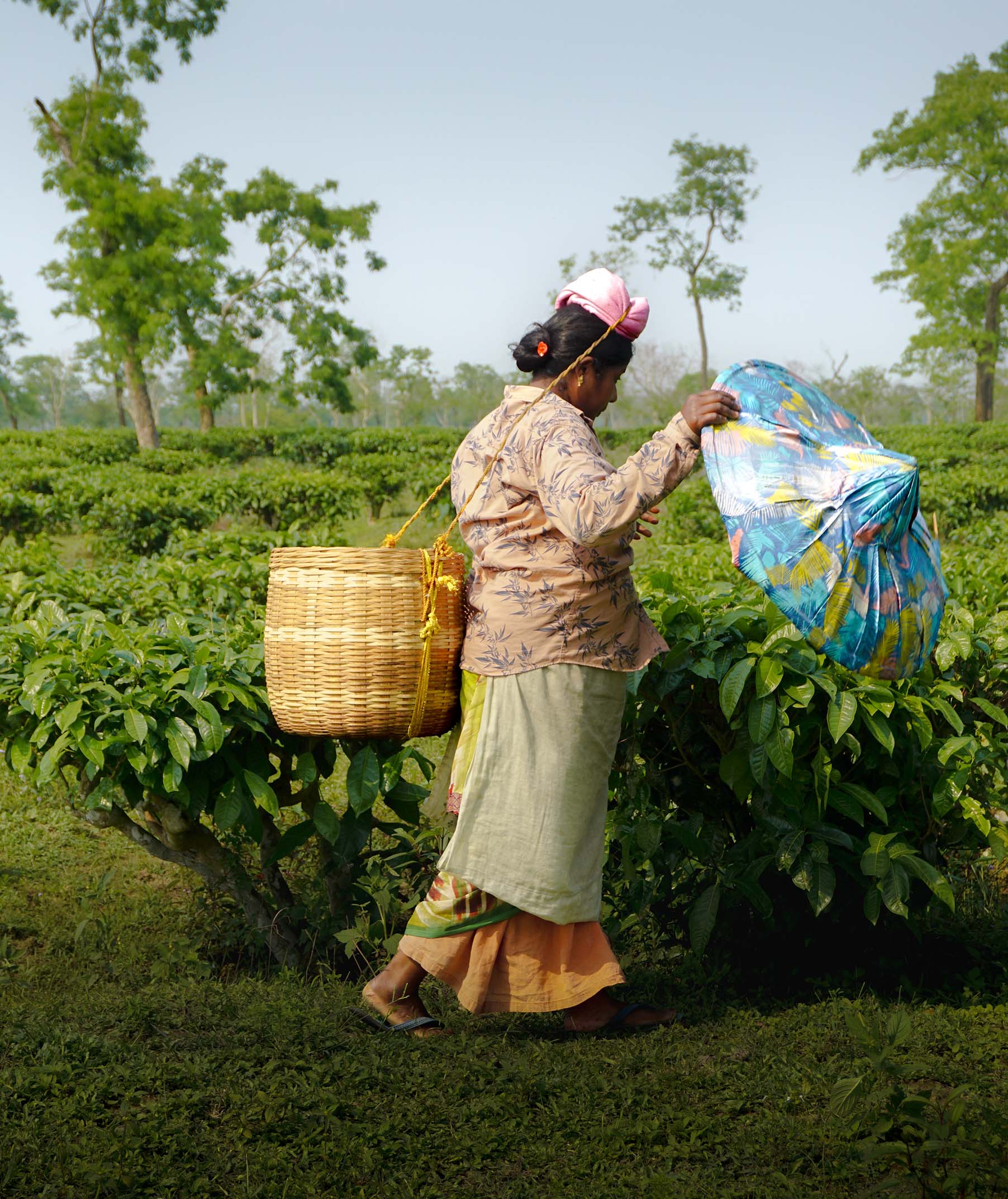

















Women balance household work with
long, exhausting hours in tea gardens.
Women balance household work with
long, exhausting hours in tea gardens.
Women balance household work with
long, exhausting hours in tea gardens.
Breaks lack dignity, unsafe water,
harsh conditions, inadequate rest.
Breaks lack dignity, unsafe water,
harsh conditions, inadequate rest.
Breaks lack dignity, unsafe water,
harsh conditions, inadequate rest.
Aspirations for alternative income
(like cattle rearing) remain unfulfilled
due to lack of resources.
Aspirations for alternative income
(like cattle rearing) remain unfulfilled
due to lack of resources.
Aspirations for alternative income
(like cattle rearing) remain unfulfilled
due to lack of resources.
Daily tasks involve carrying 20–25 kg baskets with makeshift supports that cause pain and injury.
Daily tasks involve carrying 20–25 kg baskets with makeshift supports that cause pain and injury.
Daily tasks involve carrying 20–25 kg baskets with makeshift supports that cause pain and injury.
Tools cause cuts, stress, and mobility restrictions; plastic often replaces traditional materials.
Tools cause cuts, stress, and mobility restrictions; plastic often replaces traditional materials.
Tools cause cuts, stress, and mobility restrictions; plastic often replaces traditional materials.
Education and healthcare exist but don’t translate to real opportunities.
Education and healthcare exist but don’t translate to real opportunities.
Education and healthcare exist but don’t translate to real opportunities.
Wages depend on strict quotas; workers feel underpaid and insecure.
Wages depend on strict quotas; workers feel underpaid and insecure.
Wages depend on strict quotas; workers feel underpaid and insecure.


















Analysis
Analysis
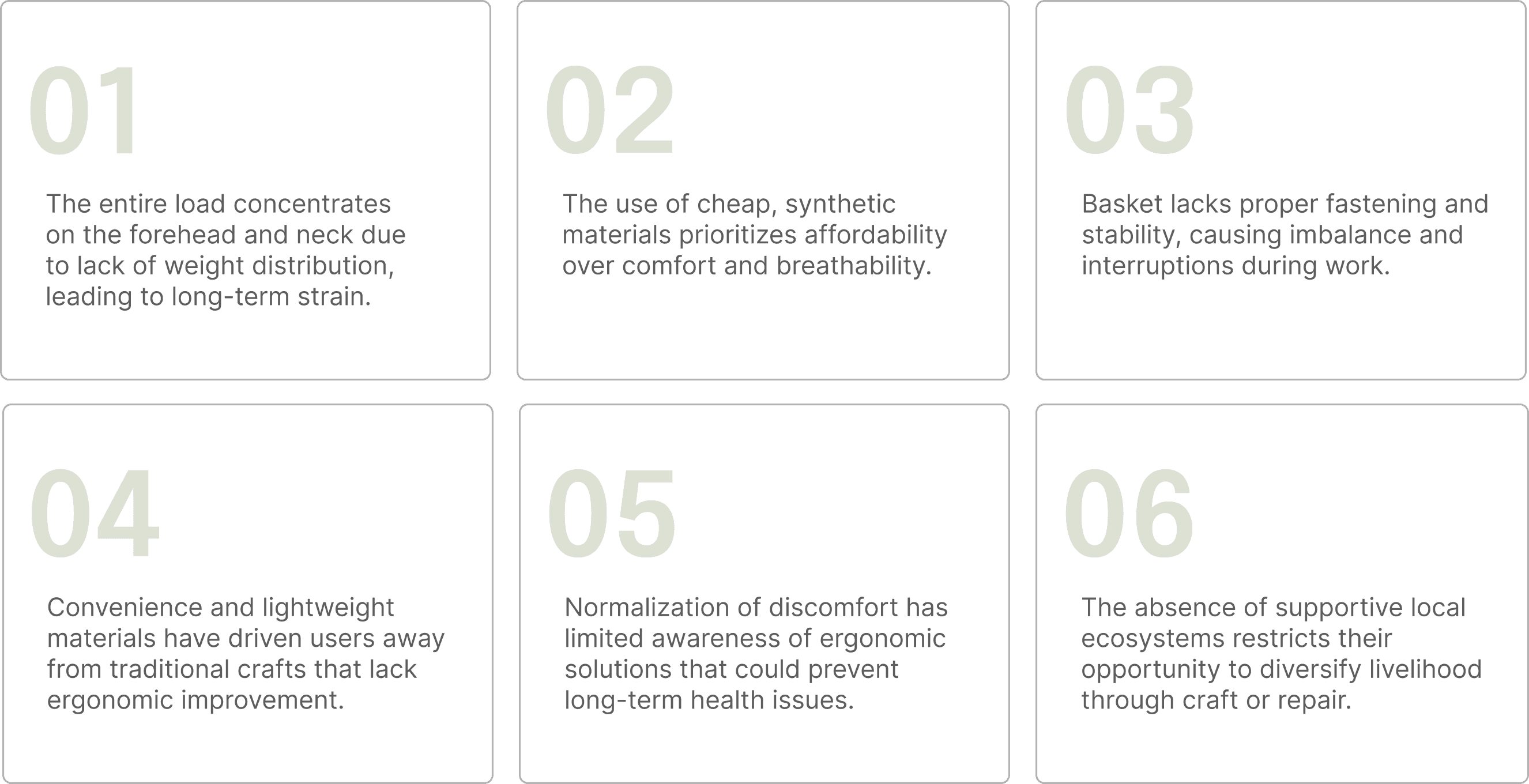



Pain Points
Pain Points



Insights



Opportunities
Opportunities










Approach
Approach
Approach
community-centric
community-centric
community-centric
culturally relevant
culturally relevant
culturally relevant
ergonomic
ergonomic
ergonomic
This approach not only alleviates daily physical challenges but also fosters a sense of pride and ownership
within the community, creating a tangible connection between heritage and practical innovation.











































































































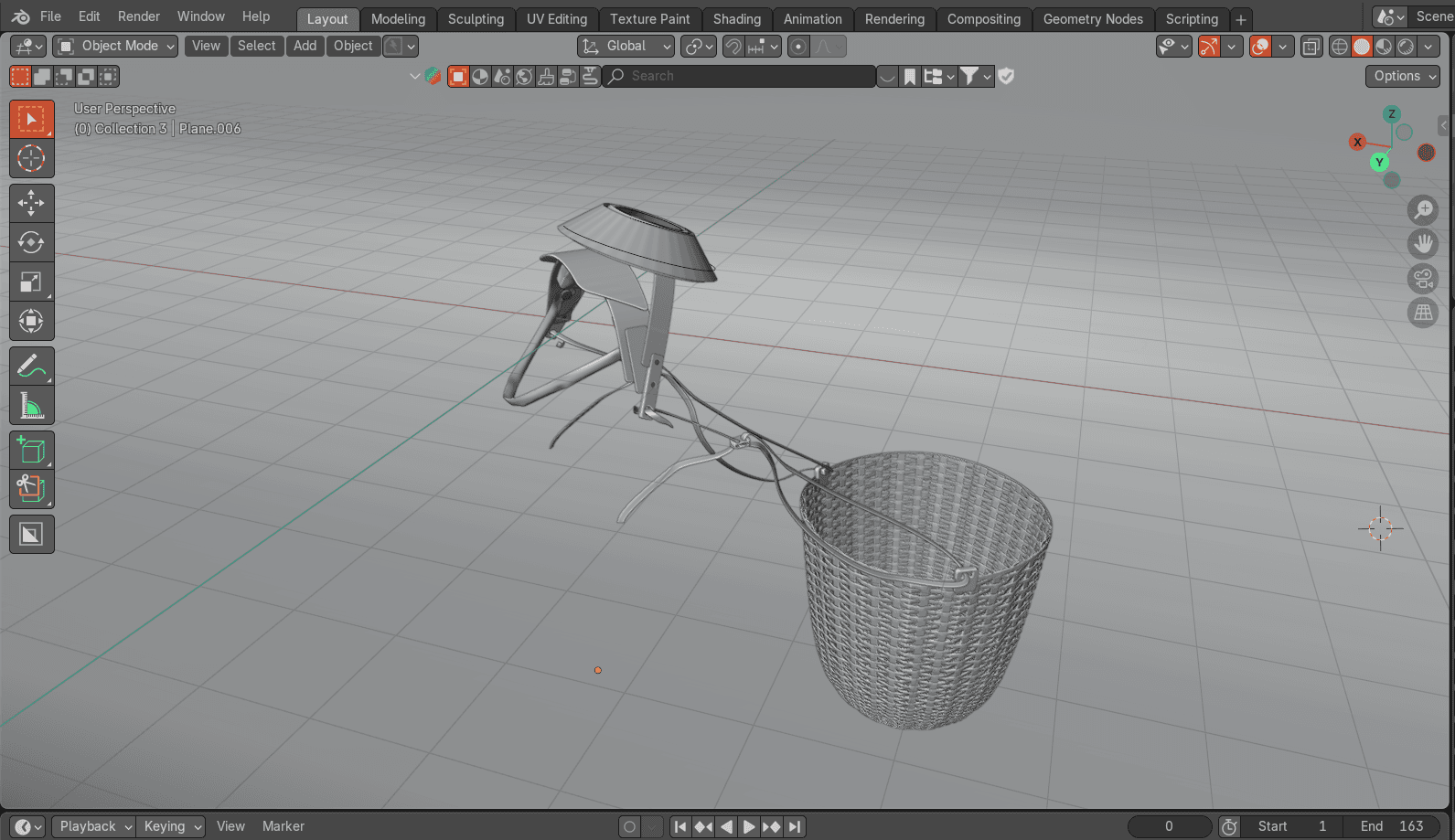



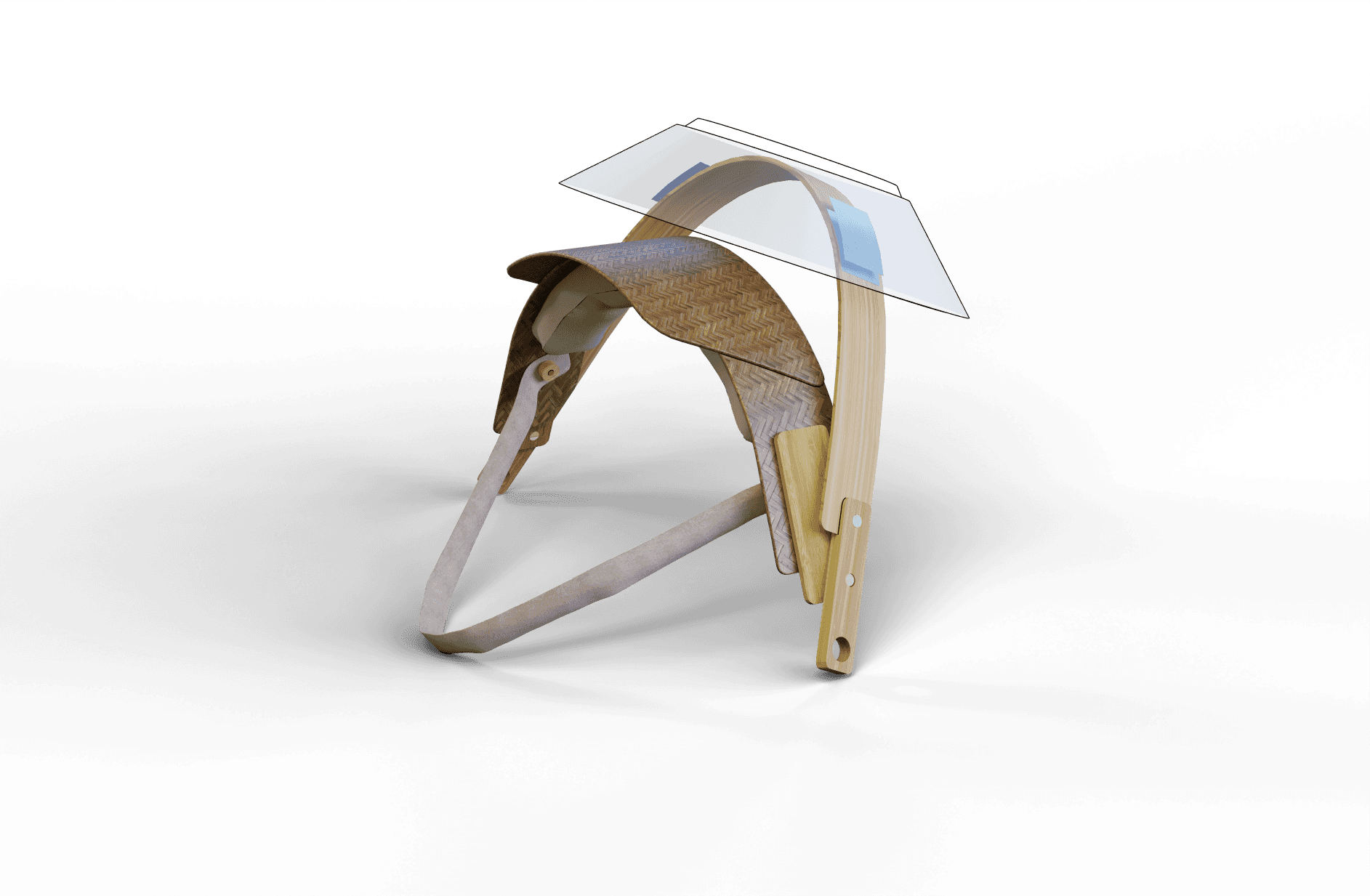



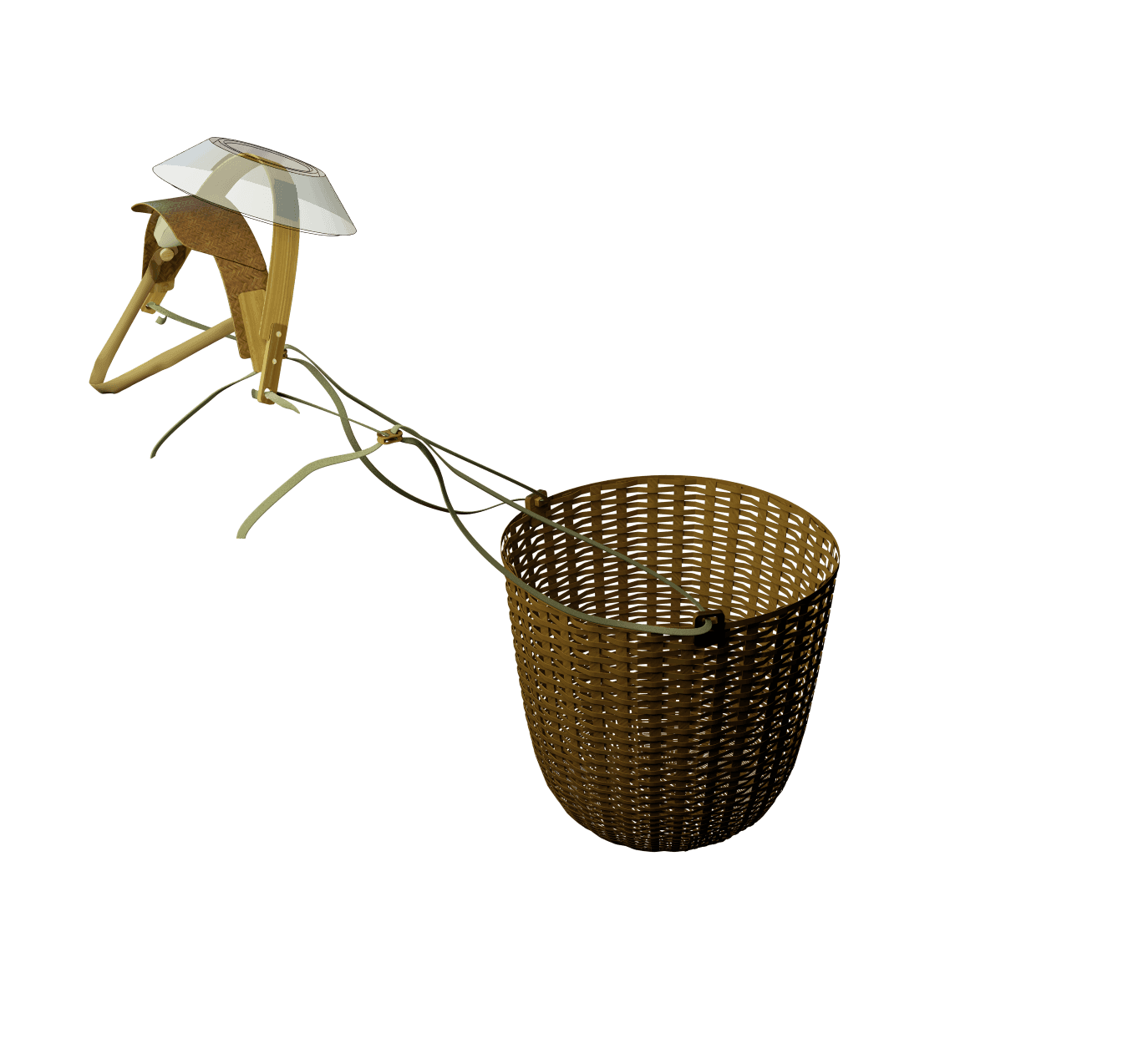



























Development
Development
Development
Development





3 New Mockups:
3 New Mockups:
New iterations with different materials, form and fitting have been developed and are currently awaiting user
testing which has been scheduled for the end of October 2025.
New iterations with different materials, form and fitting have been developed and are currently awaiting user
testing which has been scheduled for the end of October 2025.




